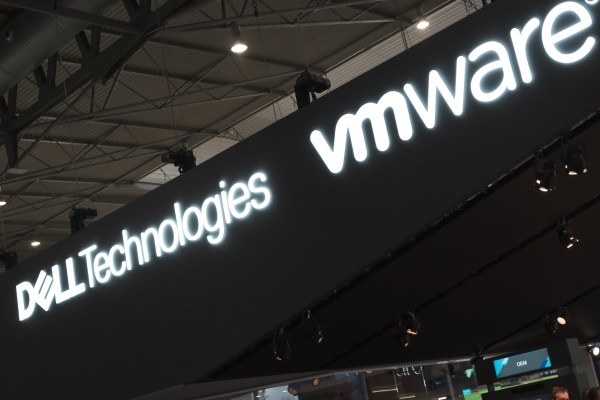When Dell acquired EMC in 2016 for $67 billion, it created a complicated consortium of interconnected organizations. Some, like VMware and Pivotal, operate as completely separate companies. They have their own boards of directors, can acquire companies and are publicly traded on the stock market. Yet they work closely within Dell, partnering where it makes sense. When Pivotal’s stock price plunged recently, VMware saved the day when it bought the faltering company for an enterprise value of $2.7 billion yesterday.
Pivotal went public last year, and sometimes struggled, but in June the wheels started to come off after a poor quarterly earnings report. The company had what MarketWatch aptly called “a train wreck of a quarter.”
How bad was it? So bad that its stock price was down 42% the day after it reported its earnings. While the quarter itself wasn’t so bad, with revenue up year over year, the guidance was another story. The company cut its 2020 revenue guidance by $40-$50 million and the guidance it gave for the upcoming 2Q 19 was also considerably lower than consensus Wall Street estimates.
The stock price plunged from a high of $21.44 on May 30th to a low of $8.30 on August 14th. The company’s market cap plunged in that same time period falling from $5.828 billion on May 30th to $2.257 billion on August 14th. That’s when VMware admitted it was thinking about buying the struggling company.

Lots of history
Pivotal, which is best known for its Platform-as-a-Service offering, Cloud Foundry, was not exactly an unknown quantity to VMware. In fact, Cloud Foundry was developed inside of VMware and released in 2011. In 2012, EMC, which owned VMware, bought Pivotal Labs, which would then become Pivotal.
In 2013, EMC and VMware spun out Pivotal as a separate company and gave it the commercial Cloud Foundry business. (The open-source version of Cloud Foundry moved to the Linux Foundation in 2015.) Oh by the way, GE also bought a 10% stake at the formation, which it mostly sold in 2018. You with me so far?
In 2016, Ford invested $182 million as part of an overall $650 million investment in the company, a move they would later come to regret. You will note that the valuation of the company was $2.8 billion at the time of the round, a price that turned out to be less than the value it sold for yesterday. In all, the company raised $1.7 billion before going public last year, according to Crunchbase.
We’re in this thing together
When Pivotal was acquired by VMware yesterday, it probably helped preserve the Dell company structure, but as TechCrunch’s Frederic Lardinois pointed out in the conclusion of his story on VMware’s interest in the company earlier this month, it also fit in with VMware’s acquisition strategy:
Buying Pivotal would also make sense in the grand scheme of VMware’s recent acquisitions. Earlier this year, the company acquired Bitnami, and last year it acquired Heptio, the startup founded by two of the three co-founders of the Kubernetes project, which now forms the basis of many new enterprise cloud deployments and, most recently, Pivotal Cloud Foundry.
Pivotal was always going to be working closely within Dell, regardless of this sale. Now it does it as part of VMware. Sometimes going public works. Sometimes it goes south on you. For Pivotal, it unraveled pretty quickly, but luckily it had fellow-Dell family member VMware waiting with open arms and open wallet to help out.
